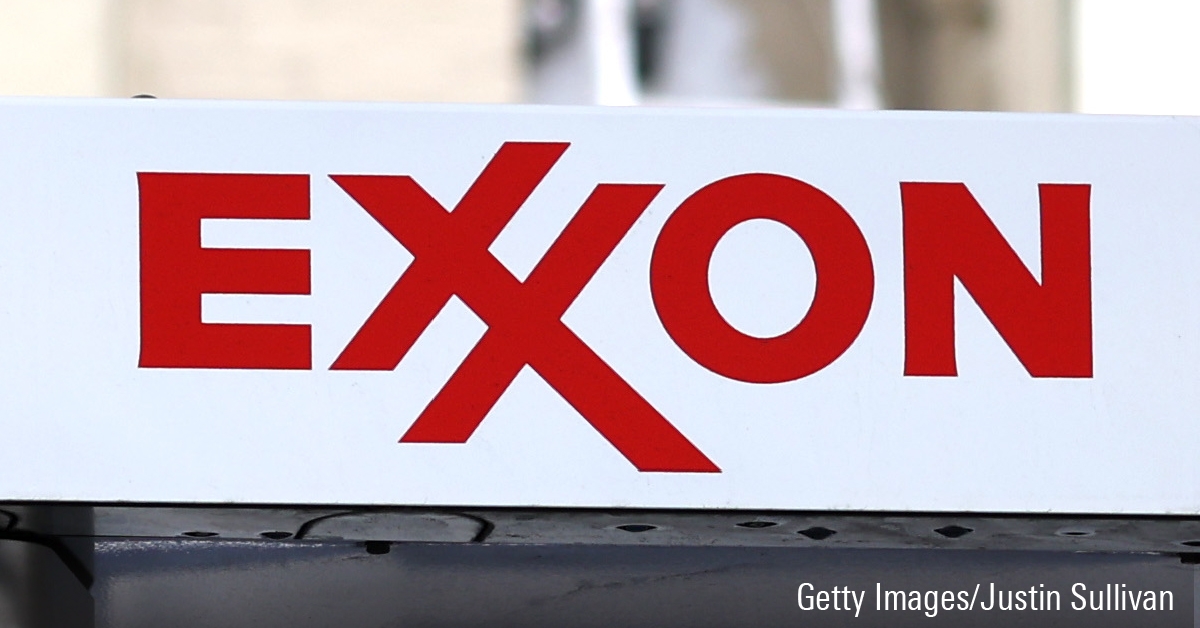ExxonMobil: Acquisition of Pioneer Done at Fair Price With Sound Strategic Fit
Valuations for ExxonMobil and Pioneer seem fair. We see no impediments to the deal closing in first-half 2024.

Key Morningstar Metrics for ExxonMobil
- Fair Value Estimate: $118.00
- Morningstar Rating: 3 stars
- Morningstar Economic Moat Rating: Narrow
- Morningstar Uncertainty Rating: High
ExxonMobil XOM confirmed prior Wall Street Journal reports by announcing on Oct. 11 its intention to acquire Pioneer Natural Resources PXD in an all-stock transaction valued at $59.5 billion or $253 per share, based on ExxonMobil’s closing price on Oct 5. ExxonMobil shares have been slightly lower since then, implying a per-share value of about $247 based on its closing price on Oct. 11 and an exchange ratio of 2.3234 for every Pioneer share. That is a 22% premium to our fair value estimate for Pioneer of $203 per share, which assumes a long-term oil price of $60/barrel.
This long-term price suggests a modest reduction in our fair value estimate for ExxonMobil once the deal is considered, but it is largely offset by higher oil prices since our last update, as well as the value assigned to synergies. The acquisition price implies a long-term oil price of about $70/barrel, which we don’t consider unreasonable. This suggests the valuation for Pioneer, while above our fair value estimate, is fair. We see no impediments to the deal closing in first-half 2024 as expected.
The deal is strategically sound, as it adds 856,000 net acres with a break-even cost of less than $35/barrel to ExxonMobil’s already-large Permian position. Including Pioneer’s assets, ExxonMobil will hold a Permian resource of 16 billion oil-equivalent barrels, equating to 15-20 years of remaining inventory. By 2027, the firm expects to produce 2 million barrels of oil equivalent per day, or mmboe/d, from the Permian, as it plans no reduction in headcount or rig count after the deal and higher production growth than the two companies would achieve otherwise on their own, which results in ExxonMobil’s total production exceeding 5 mmboe/d. ExxonMobil also expects to improve recoveries and increase drilling and completion efficiencies, leading to $1 billion in annual synergies by the second year after closing and growing to $2 billion on average over the next decade.
We see the deal as less of a spark to further merger and acquisition activity and more a continuation of a post-pandemic trend, albeit at a much larger level. It will likely continue, although we might not see similar deals of this size. Chevron CVX is a likely candidate to follow. However, it has been much more circumspect in the past, following ExxonMobil in 2010 with the much smaller gas-oriented acquisition of Atlas Energy.
Chevron also previously walked away from a bidding war for Anadarko Petroleum, instead acquiring Noble for a much smaller amount. ConocoPhillips COP, which recently bought Concho and acquired Shell’s RYDAF Permian assets, might be in the market as well. European integrated oils are largely out of the U.S. unconventional segment now, except for BP BP. However, we think a deal there is less likely, given recent management turnover and a greater focus on a transition to lower-carbon energy.
The author or authors do not own shares in any securities mentioned in this article. Find out about Morningstar’s editorial policies.


/cloudfront-us-east-1.images.arcpublishing.com/morningstar/ECVXZPYGAJEWHOXQMUK6RKDJOM.jpg)
/cloudfront-us-east-1.images.arcpublishing.com/morningstar/KOTZFI3SBBGOVJJVPI7NWAPW4E.jpg)
/cloudfront-us-east-1.images.arcpublishing.com/morningstar/V33GR4AWKNF5XACS3HZ356QWCM.jpg)